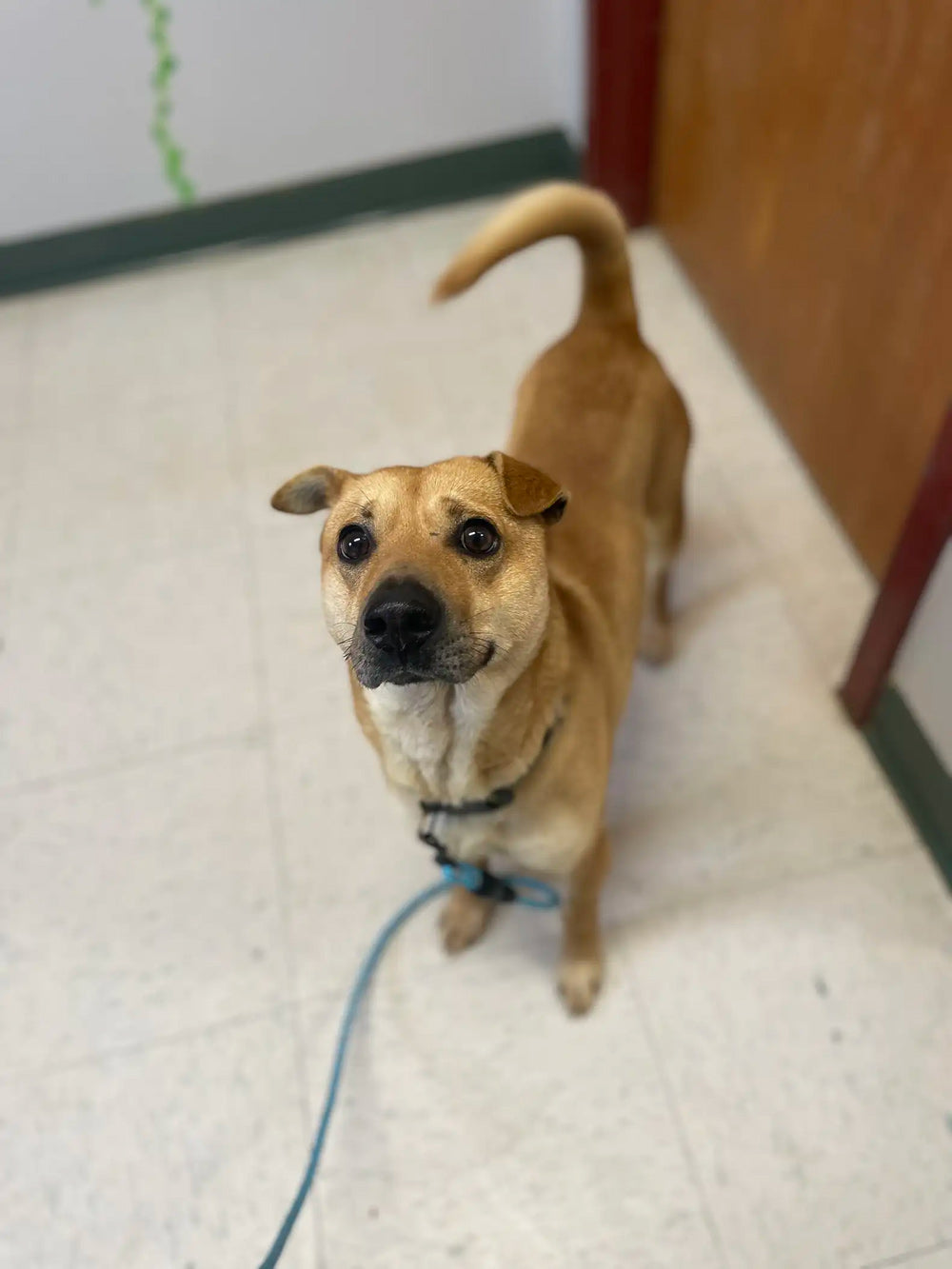The death of Gus, a French bulldog left outside in sweltering heat at a Halfmoon dog daycare, shocked New Yorkers. The facility’s owner now faces felony animal cruelty charges under Buster’s Law, yet cases like this continue to surface across the state.
Advocates including Senator Jim Tedisco say these tragedies reveal a glaring gap in prevention — one that a statewide registry of convicted animal abusers could help close, allowing shelters, breeders, and private citizens to verify whether someone has a history of cruelty before placing an animal in their care.

Some New York counties maintain animal abuser registries, but coverage is inconsistent.
Preventing Abusers from Slipping Through the Cracks
While some New York counties, like Fulton and Saratoga, have created local registries, their reach is limited. An abuser can simply cross a county line to obtain an animal elsewhere. Senate Bill S1563 would create a public, statewide registry listing the names and addresses of those convicted under Buster’s Law.
Access would extend to law enforcement, shelters, rescues, breeders, and pet stores, ensuring that those on the list cannot adopt or purchase animals from regulated sources.
New York City already operates its own registry. Convicted abusers must register with the Health Department, and animal-related businesses are required to check the list before transferring an animal. Violators are banned from owning, residing with, or even making physical contact with animals for five years, NYC Health notes.

Abusers can evade local registries by obtaining animals in other counties.
Concerns About Effectiveness
Not everyone agrees that registries are the best solution. The ASPCA warns that such systems can be costly, underutilized, and limited in scope. Many registries have very few entries, exclude livestock and wildlife abuse, and may unintentionally discourage prosecution if defense attorneys push to plead charges down to avoid registration. They also cannot prevent offenders from acquiring animals through unregulated channels, such as private sales or giveaways.
Instead, the ASPCA advocates for stronger cruelty laws, well-enforced no-contact orders, and provisions in domestic violence protective orders that include animals. These measures, they argue, are more targeted and cost-effective than maintaining a public registry.

New York City operates its own animal abuse registry with a five-year ban on contact with animals.
The Link Between Animal Cruelty and Violence Against People
Proponents of a statewide registry say the issue goes beyond animal welfare. The FBI categorizes animal cruelty as a Group A offense because of its strong association with other violent crimes. Historical cases show that those who harm animals sometimes escalate to crimes against people. The man whose abuse of Buster the cat in 1999 inspired Buster’s Law later committed multiple violent offenses against a child, notes Sen. Tedisco.
Recent incidents underline the point. In July, a Queens man was captured on surveillance video dragging a dog, kicking it to death, and setting the body on fire. Despite the brutality, state bail laws allowed his release within hours, The Blaze reports.

The FBI classifies animal cruelty as a Group A offense linked to other violent crimes.
Balancing Public Safety, Animal Welfare, and Practicality
Supporters like Sen. Tedisco see the registry as a critical prevention tool, especially if paired with tougher sentencing, lifetime bans on pet ownership for serious offenders, and mandatory psychiatric evaluations. Critics urge caution, warning that registries alone may give a false sense of security and divert resources from other proven strategies.
The debate now hinges on whether lawmakers can craft legislation that closes the loopholes without repeating the shortcomings seen elsewhere. For Gus, for the countless other victims, and for communities at risk, the urgency is clear: stopping known abusers before they can harm again.
Click below to make a difference.



















